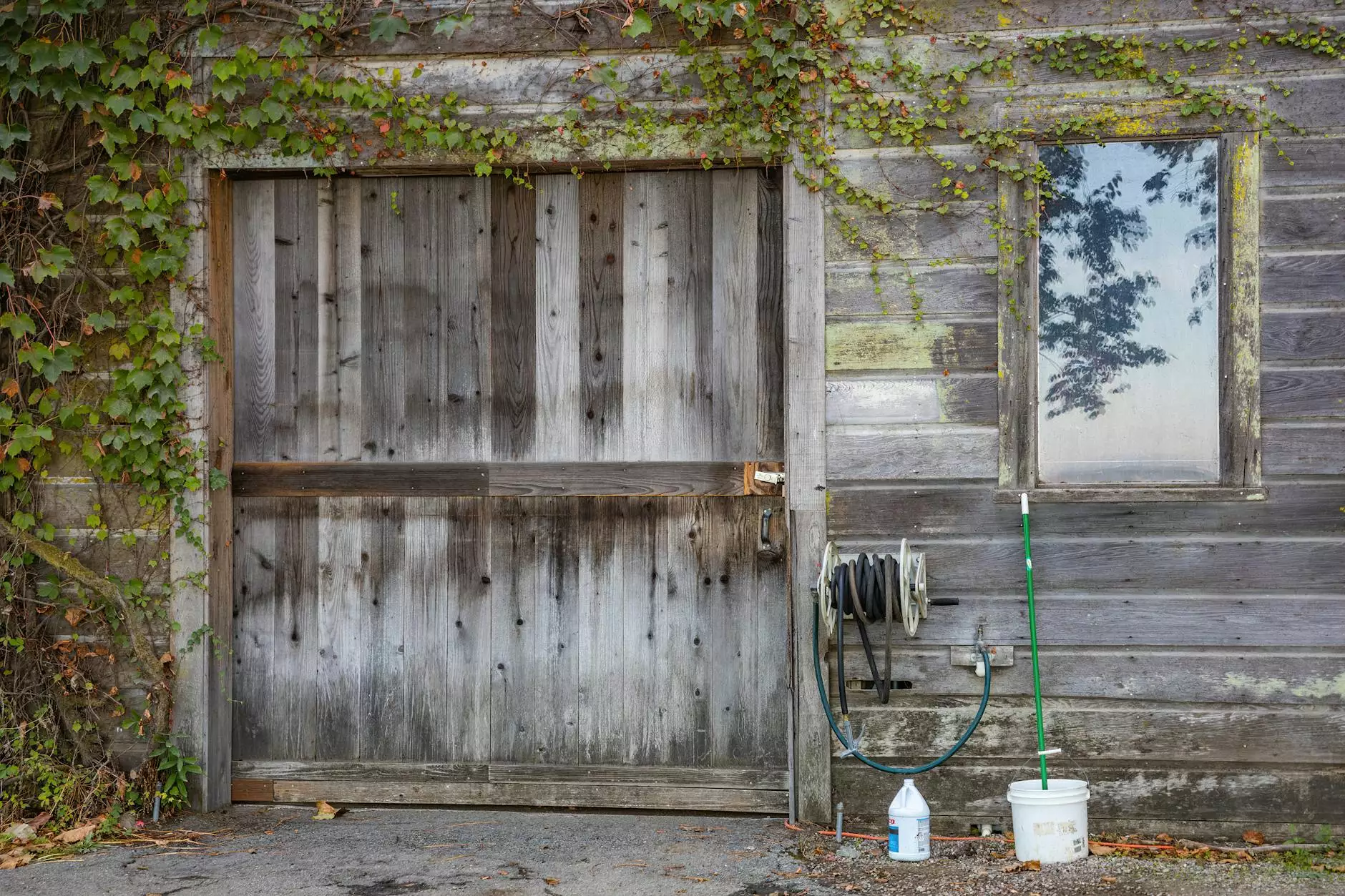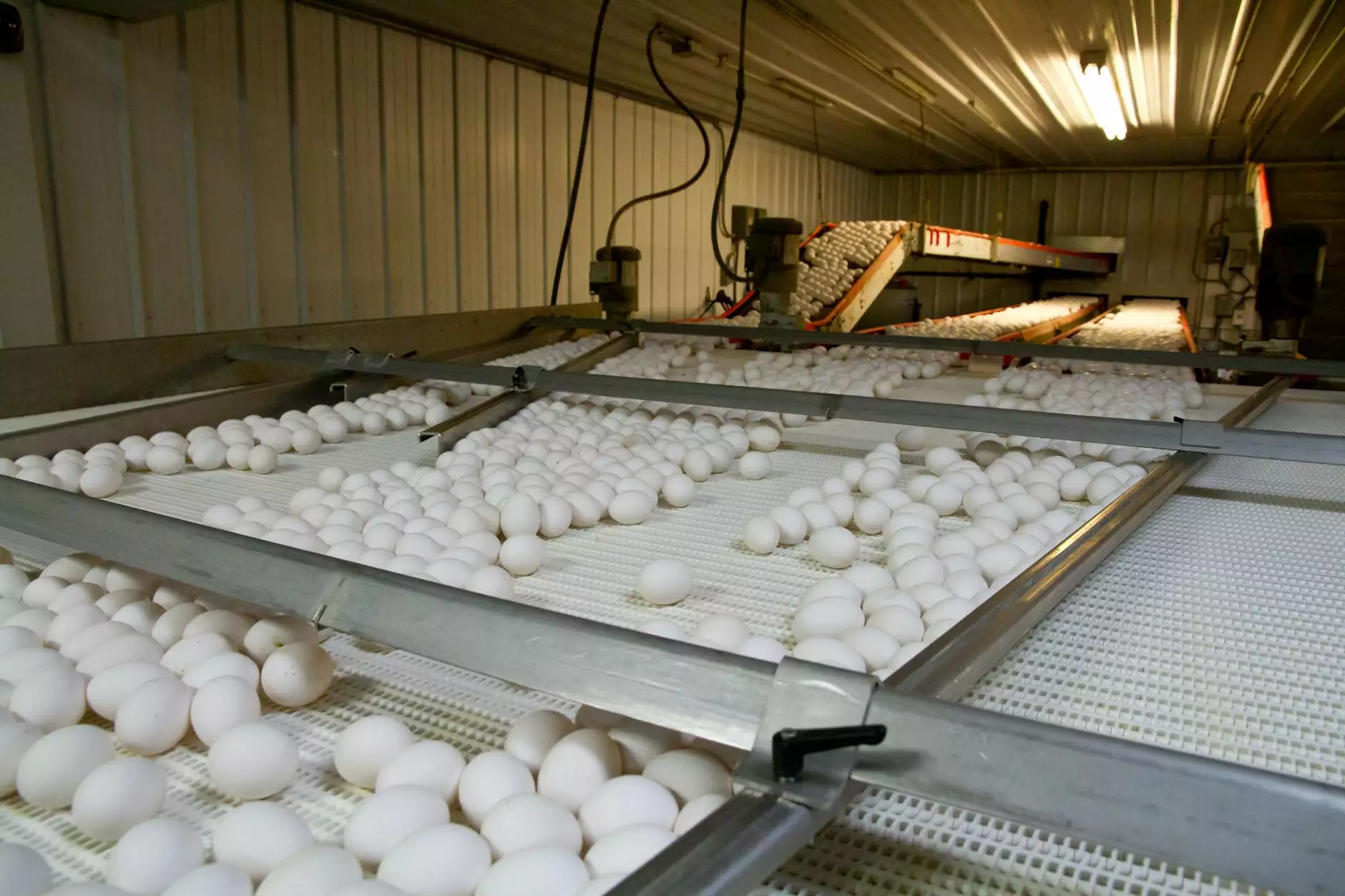The Essential Role of Parts Fuel Pump in Diesel Engines

In the vast world of diesel engines, the fuel pump plays an indispensable role that cannot be overlooked. Specifically, the parts fuel pump are crucial components that ensure optimal engine performance and efficiency. Understanding these components is imperative for anyone involved in diesel engine maintenance, including suppliers, mechanics, and vehicle owners.
What is a Fuel Pump?
A fuel pump is a device that moves fuel from the tank to the engine, ensuring that it reaches the combustion chamber at the right pressure and flow rate. In diesel engines, this process is particularly vital due to the different combustion method used compared to gasoline engines.
Types of Fuel Pumps in Diesel Engines
There are several types of diesel fuel pumps, each with its unique characteristics and applications. Below are the most common types:
- Mechanical Fuel Pumps: These pumps use a diaphragm that is operated by the engine's camshaft. They are often used in older diesel engines.
- Electric Fuel Pumps: Most modern diesel engines utilize electric fuel pumps due to their efficiency and reliability. These pumps can be located inside the fuel tank or mounted externally.
- High-Pressure Fuel Pumps: Used in Common Rail Diesel Systems (CRD), high-pressure fuel pumps ensure that fuel is delivered under high pressure to the fuel injectors, improving combustion efficiency.
- Injector Pumps: In some diesel engines, separate injector pumps are used. They are responsible for pumping fuel directly into the engine's cylinders at the right timing and pressure.
The Functionality of Diesel Fuel Pumps
The functionality of parts fuel pump is multi-faceted. Here are the primary functions they perform:
- Fuel Delivery: The main job of the fuel pump is to deliver diesel fuel from the tank to the engine, ensuring constant pressure and flow.
- Pressure Regulation: Fuel pumps maintain the pressure to meet the engine’s requirements, which is crucial for efficient fuel combustion.
- Filtering: Many fuel pumps come with built-in filters that help prevent contaminants from entering the engine, which can lead to damage.
- Temperature Control: Some modern fuel pumps help regulate fuel temperature, which is essential in maintaining engine performance.
Why Quality Matters: Choosing the Right Parts Fuel Pump
When it comes to diesel engines, using high-quality parts fuel pump is non-negotiable. Here’s why quality matters:
Reliability
A reliable fuel pump will ensure that your engine operates smoothly. Low-quality parts can lead to frequent breakdowns and unexpected downtime.
Performance
High-quality fuel pumps are designed to deliver fuel efficiently. They improve overall engine performance and help consumers save on fuel costs in the long run.
Longevity
Investing in quality components means a longer lifespan for your diesel engine. Quality parts tend to withstand wear and tear better, consequently reducing maintenance costs.
Understanding Spare Parts Suppliers
Finding a trustworthy supplier is just as important as choosing the right parts. Here are several factors to consider when selecting spare parts suppliers for diesel engine parts:
- Reputation: Look for suppliers with a strong reputation in the industry. Reviews and testimonials can be a good indication of quality.
- Certification: Choose suppliers that offer certified parts. This ensures that the parts meet industry standards.
- Range of Products: A good supplier should have a wide range of parts available to cater to all your diesel engine needs.
- Customer Support: Excellent customer support can help resolve issues and answer queries promptly.
- Pricing: While the cheapest option is not always the best, it’s important to ensure that the prices are competitive.
Common Problems with Diesel Fuel Pumps
Understanding the common issues associated with parts fuel pump can help you proactively manage maintenance. Here are some problems you might encounter:
Fuel Starvation
Insufficient fuel delivery can occur due to a clogged fuel filter, a faulty fuel pump, or air leaks in the fuel line. This can lead to poor engine performance or stalling.
Leaking Fuel Pump
A leaking fuel pump can not only affect engine performance but can also be dangerous due to the risk of fire. Regular checks can help identify leaks early on.
Overheating
Fuel pumps can overheat due to prolonged use or insufficient fuel supply. Overheating can cause complete pump failure, leading to costly repairs.
Maintenance Tips for Diesel Fuel Pumps
To keep your parts fuel pump in excellent condition and to prevent issues, consider the following maintenance tips:
- Regular Inspections: Schedule regular inspections to check for any signs of wear or damage.
- Change Fuel Filters: Replace fuel filters as per manufacturer recommendations to avoid clogs and maintain proper fuel flow.
- Check for Leaks: Regularly inspect for fuel leaks around the pump and lines.
- Keep Fuel Tanks Clean: Ensure that your fuel tanks are clean and free of contaminants to protect the fuel pump.
- Use Quality Fuel: Always refuel with high-quality diesel fuel to prevent sediment and water contamination.
Conclusion
In conclusion, the parts fuel pump is a pivotal element in maintaining the performance and efficiency of diesel engines. Understanding their functions, types, and the importance of quality in choosing the right parts can significantly impact your vehicle's operation. It's essential to partner with reputable spare parts suppliers to ensure that you have access to the best products available on the market. Regular maintenance and checks will not only prolong the life of your fuel pump but the entire engine itself. For reliable diesel engine parts and accessories, look no further than client-diesel.com for your needs.









